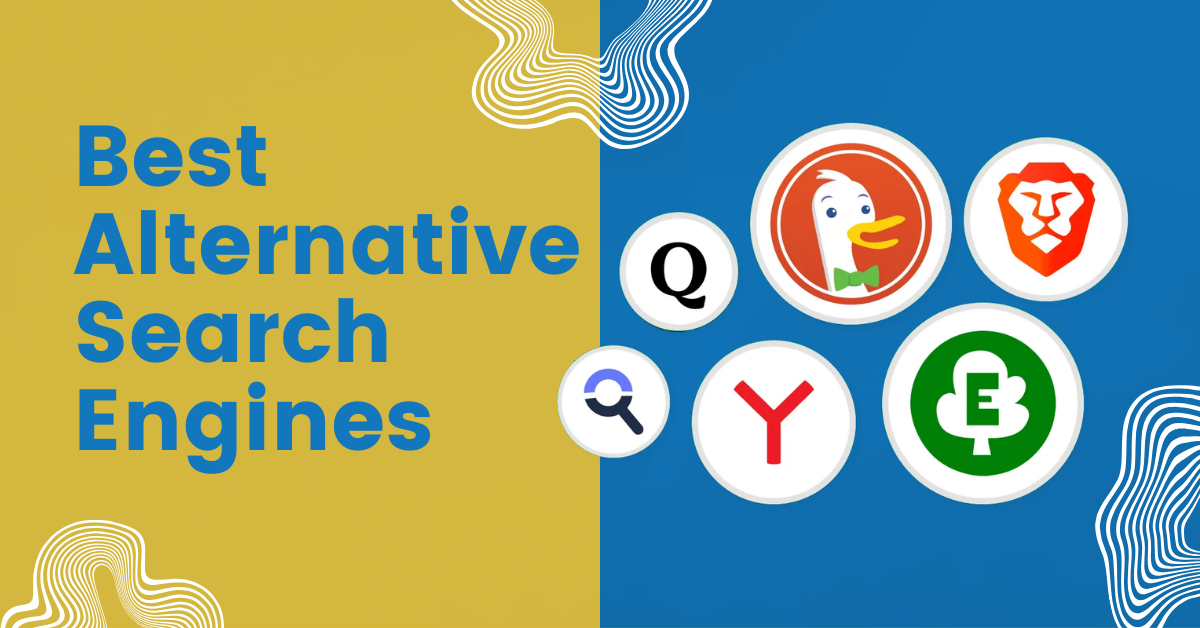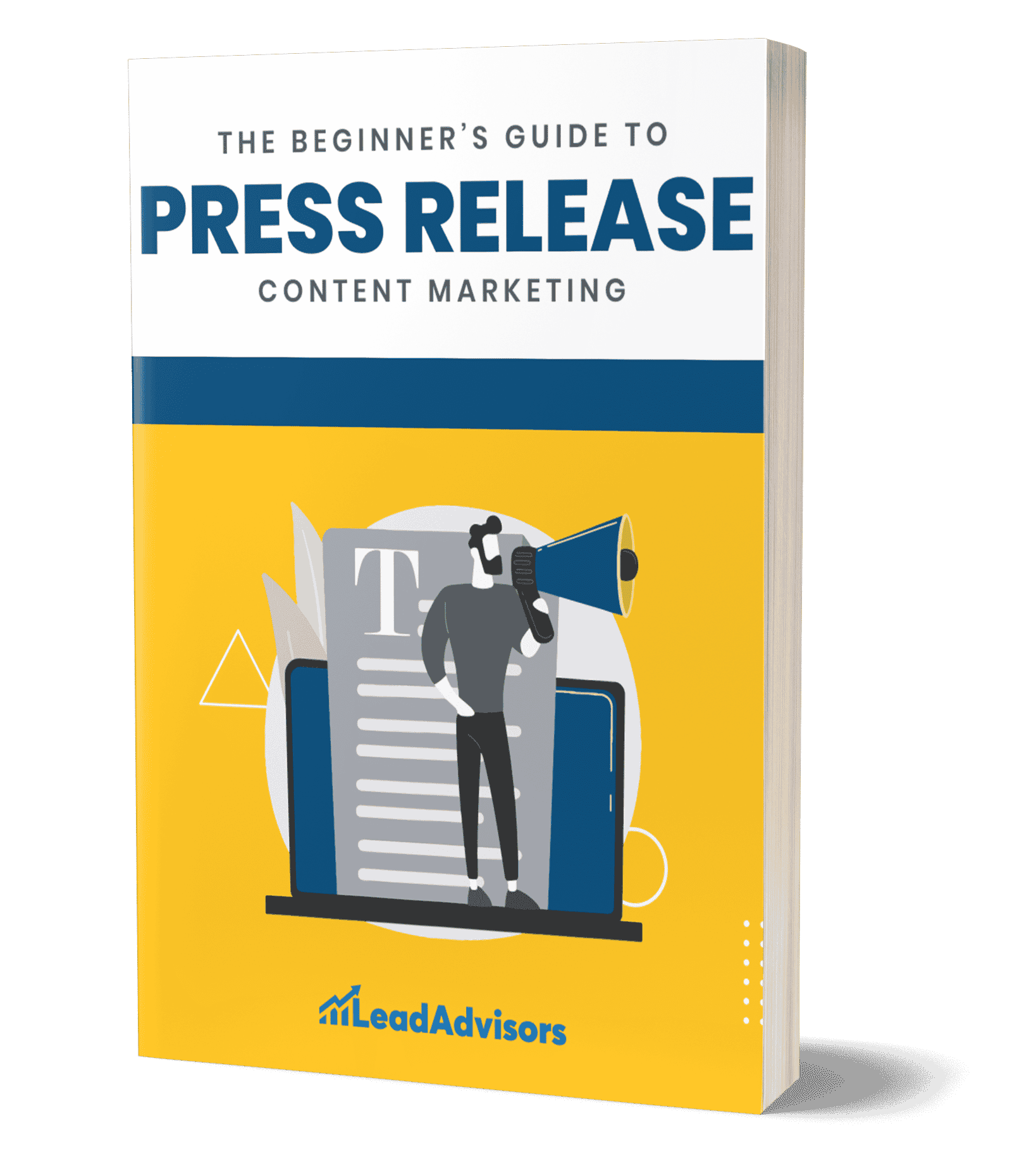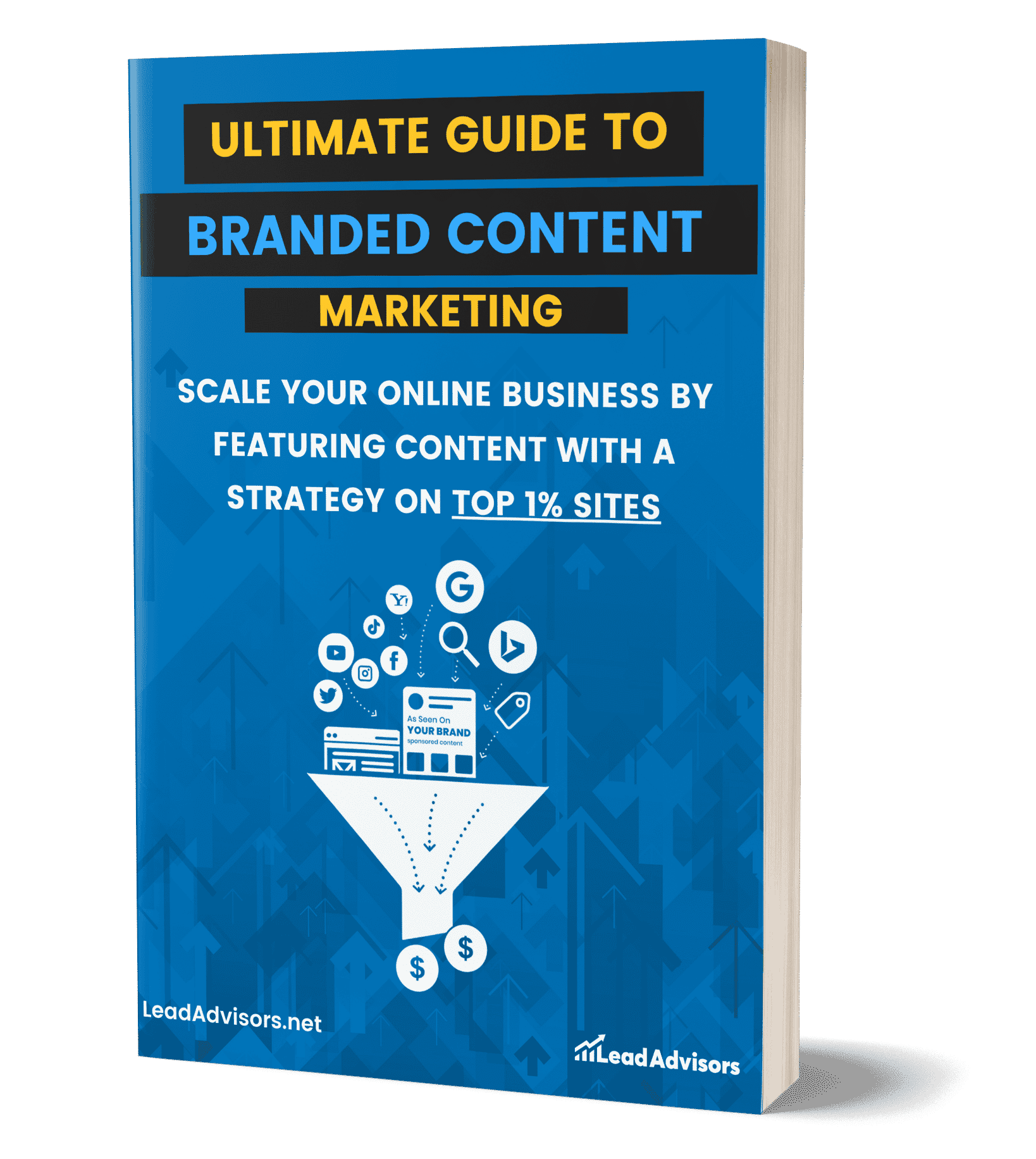Naturally, we all turn to Google first, but it’s not the only answer. The promise of not tracking you or giving you extra features, some of which Google offers occasionally.
Some are about privacy, some define themselves with missions that benefit the Environment, and some get the best region-specific output. From fighting filter bubbles to cleaning up the internet and more, there is a solution here that works for you.
And this is the list of alternative search engines to try out in 2025, after Google these days.
Why Consider Alternative Search Engines?
The fact is, Google may rule the search universe, but it’s not perfect. Many readers actively search for new engines, and Google will always struggle.
- Privacy concerns: Google logs your search queries, your location, and how you browse the web just for advertising. This is precisely what private search engines like DuckDuckGo and Startpage do.
- Escaping the filter bubble: Google says personalizing results based on your search history can narrow what you see, so strategies like Answer Engine Optimization are gaining traction as alternatives. The only alternative is to appear a bit less pigeonholed and achieve results.
- Unique features: Few search engines like Ecosia (co-passionate about tree planting), Wolfram Alpha, etc.
- Regional dominance: Google is prominent in most countries, but search engines such as Baidu for China or Yandex are more popular than Google when discussing Countries like China and Russia.
Switching from an alternative search engine isn’t totally a betrayal of Google; it’s more so a fight for your values vs. browsing priorities.
Best Alternative Search Engines in 2025
While Google may still be king, these search engines are helping web users look for the information they want in safer, more secure ways. They all offer a bit of something special – be it added private browsing security or AI-powered results.
1. DuckDuckGo – The Privacy Champion

DuckDuckGo is a privacy-focused search engine that is often cited in cybersecurity SEO discussions. It is 100% untracked, no filter bubble included, and no information on the neural outcomes. It has gained significant popularity rapidly within the U.S, and even a modest position in Europe, so it is high time for you to try the user-friendly plug-in as a user who does not want to be followed online when they browse.
2. Bing – Microsoft’s Strong Contender

This is often an afterthought, but Bing for Business does offer integration with Yahoo search and fully integrates Microsoft’s AI Assistant, Copilot. Dark Mode is great for visual and video search, but can be misused if overdone. Even though Bing is not a big favorite, you must try almost every platform to get traffic.
3. Ecosia – The Eco-Friendly Search Engine
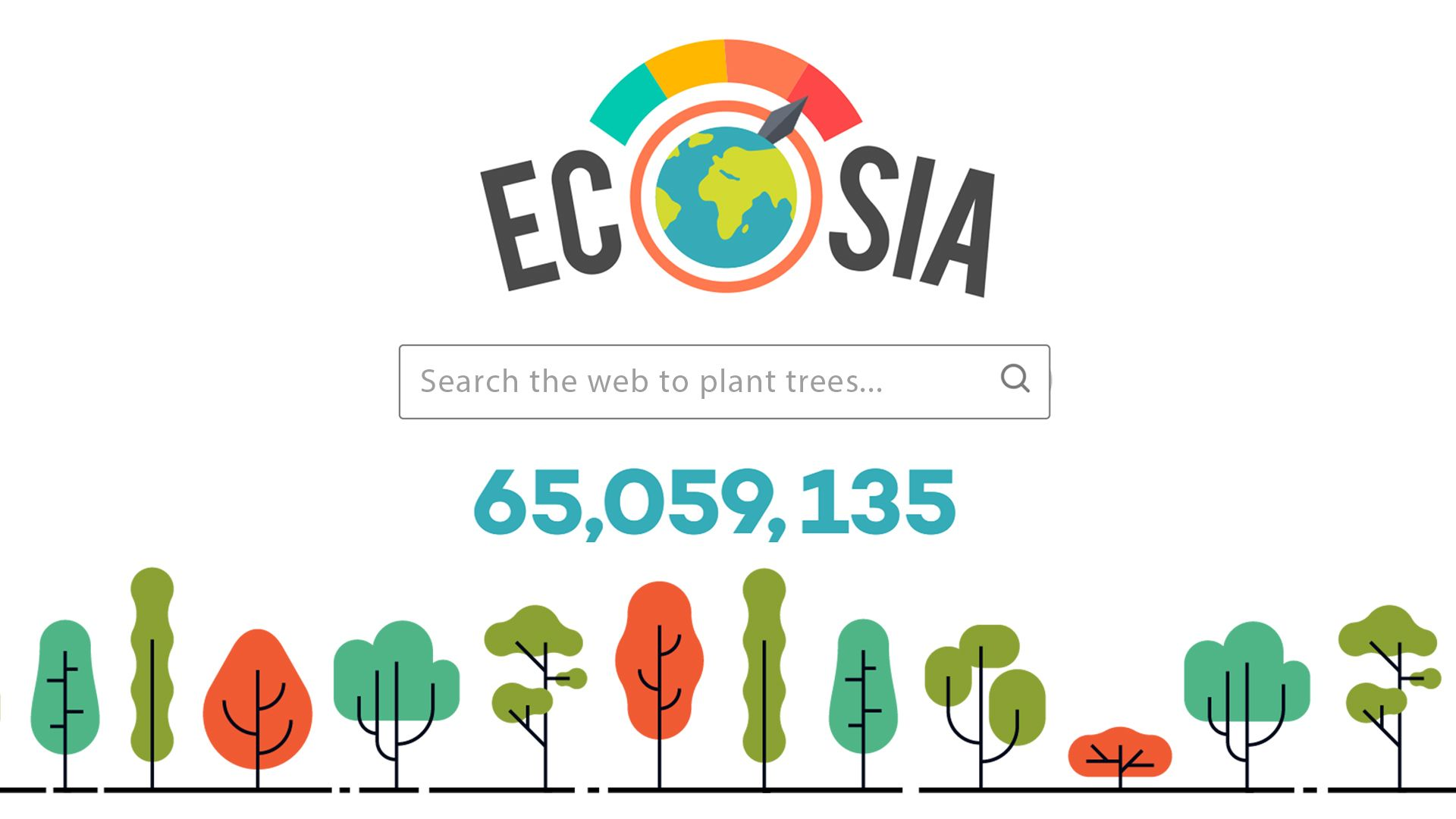
Ecosia plants millions of trees worldwide with its profits. It is one of the most socially responsible companies and publishes useful impact transparency reports. In the meantime, every search is an opportunity to exercise a little eco-consciousness.
4. Brave Search – Independent & Ad-Free
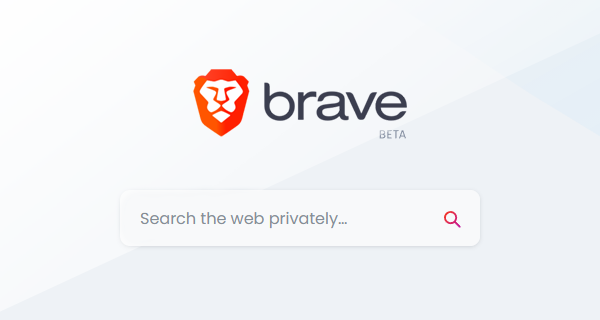
Brave Search is intended to be used with Brave’s independent search index and not rely on other major search engines such as Google or Bing. It is feature-rich, privacy-respecting, and free of ads from day one, with open ranking data – a fantastic option for those who like to be in control during their web browsing.
5. Startpage – Google Results Without Tracking
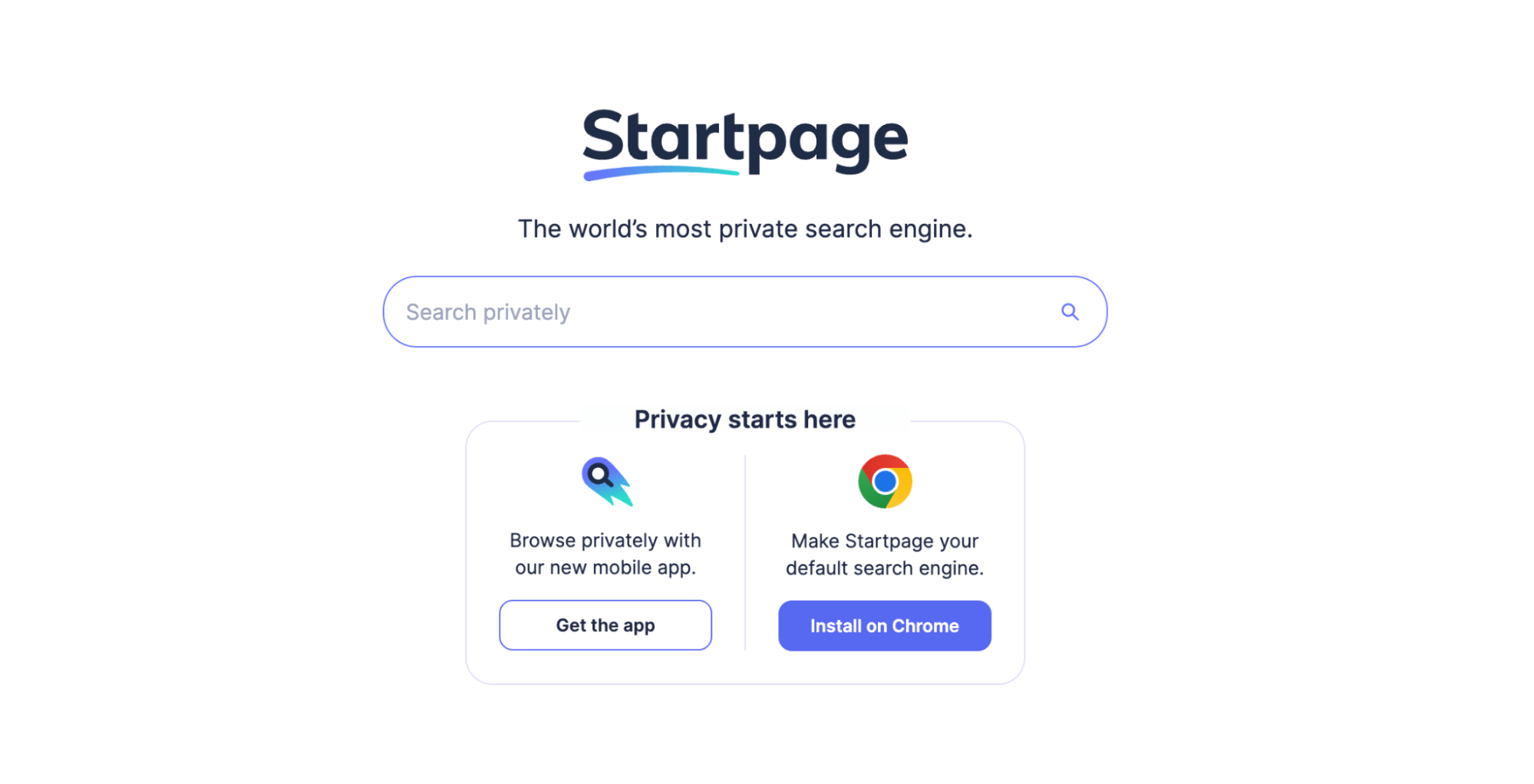
Unlike Google, Startpage provides high-quality search results and never stores personal information. It is a privacy proxy in big demand from Europe due to the strictness of GDPR laws. It is great if you want Google’s results, but not Google’s tracking.
6. Qwant – European Alternative with Privacy First
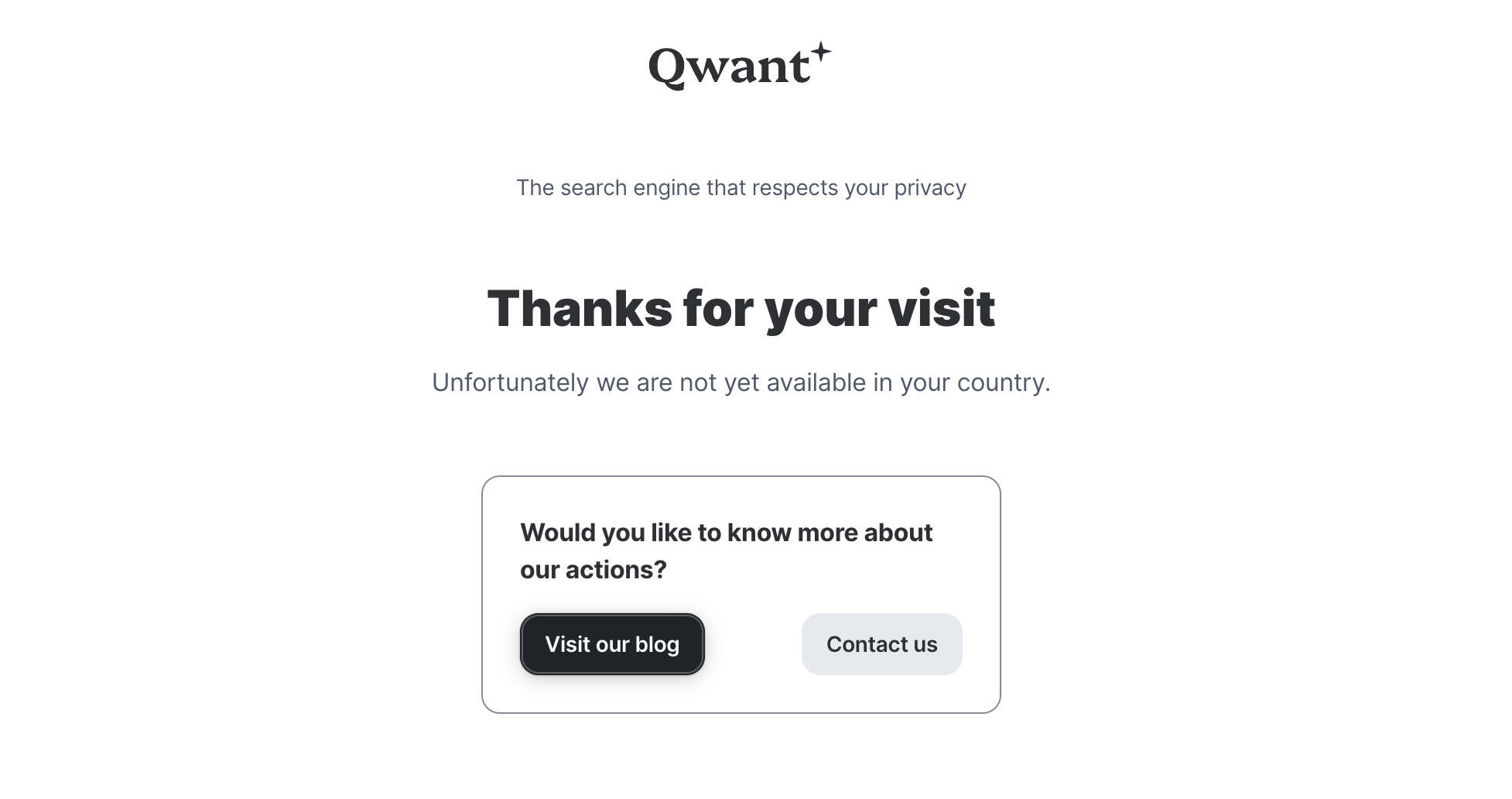
The new European competitor to watch out for is based in France and is firmly committed to privacy. It scales on neutral search results (no tracking), making it very attractive to EU users looking for a GDPR-compliant search engine.
7. Swisscows – Family-Friendly & Privacy-Oriented
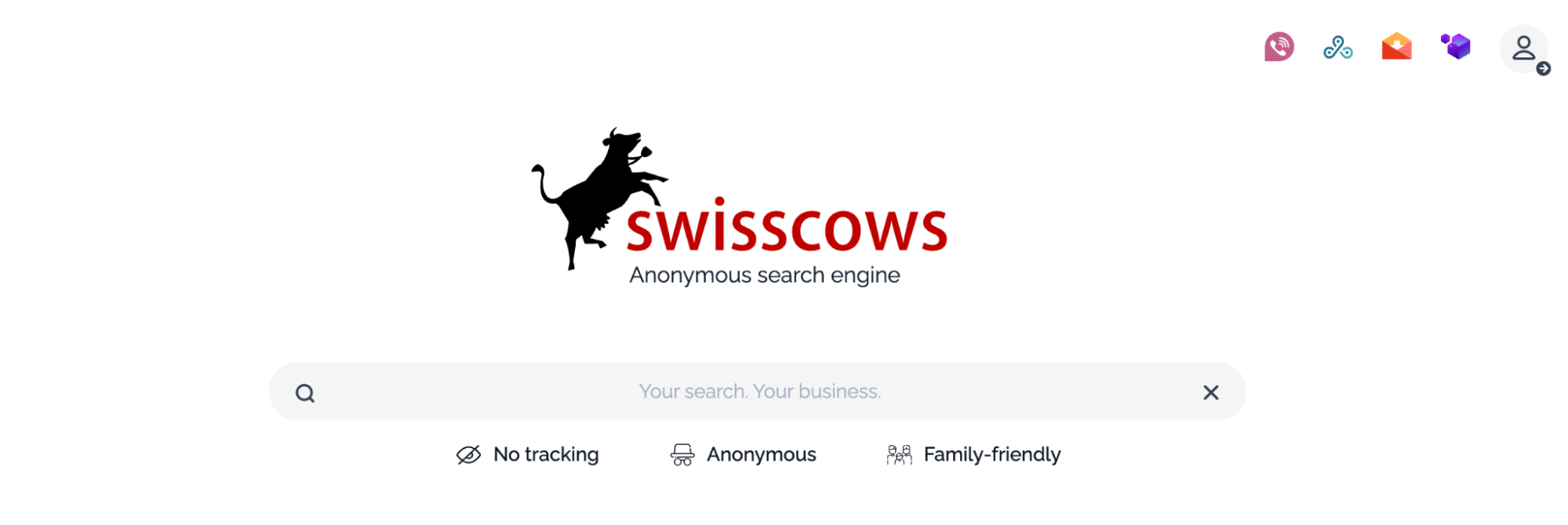
Given that it practices under strict data protection laws, Swisscow promises AI-driven semantic search and protects its users from inappropriate content. This is the most secure, private, and kid-friendly deployment solution available today – ideal for parents and educators who wish to implement their own Private App Store.
8. Baidu – China’s Leading Search Engine

In China, users look for Chinese online content and services or want Chinese mobile apps from Baidu, which has nearly 70% of the market share. If you are appealing to a Chinese audience, it is entirely requisite but otherwise of little worth outside the country.
9. Yandex – Russia’s Answer to Google

Popular search engine in Russia and Eastern Europe, providing maps and images. Even today, when increasing your regional search engine efforts with AI-powered search features, you still find one of the most advanced globally.
10. NeevaAI – AI-Powered Search Alternatives
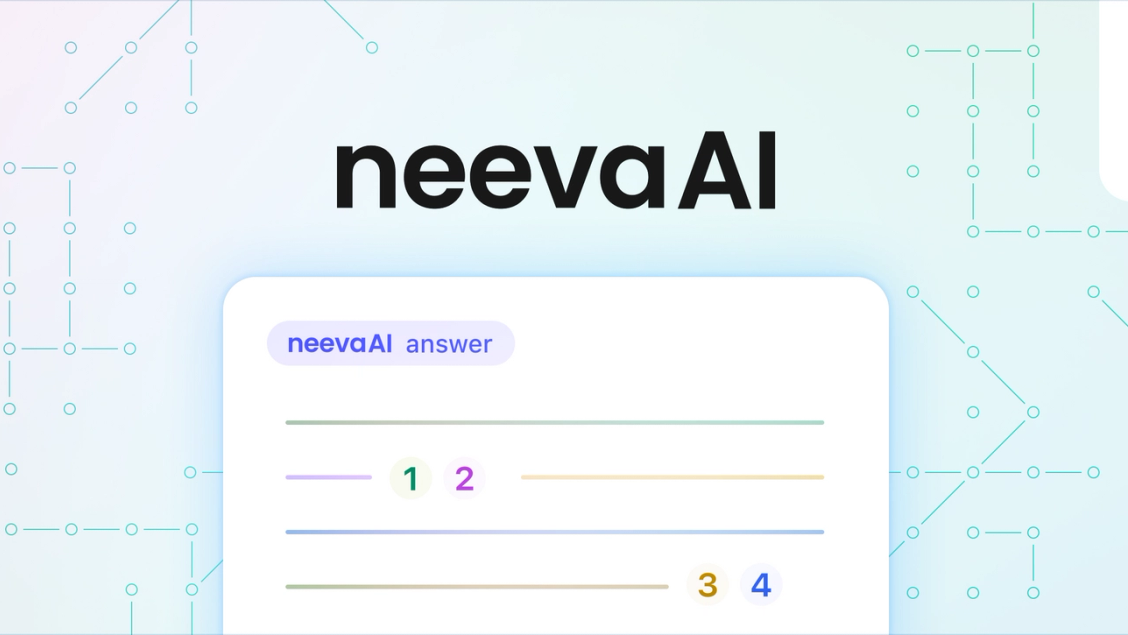
It is based on a subscription system and has no ads. Doing so equates to serving up user-specific results in an ad-free, non-tracked manner. It is still new, but imagine this is the future of search where AI takes the lead.
Specialized & Niche Search Engines Worth Exploring
Alternative search engines are not created for general web searching, unlike the typical (more familiar) search engines. Others are relevant and legitimate, but are not to be used in any way, as they come to light on compromise. Students, researchers, and tech professionals require something different. Here are a few worth trying:
WolframAlpha – Computational Knowledge Engine
Unlike other search engines, Wolfram Alpha does not have a crawler; it takes care of answers. Its calculation feature is remarkable for solving mathematical problems and generating data reports, making it the favorite tool among students, scientists, or any professional who needs calculation-based results.
Archive.org – Explore Old Websites & Historical Data
This site is most famous for the Wayback Machine, which archives a web page and allows you to use it even after a few years, like if you want to see what the previous version of a website looked like. Let’s say this is a must-have when doing digital research for Journalists or just to see how the web was back then.
DuckDuckGo Lite – Ultra-Fast, Low-Bandwidth Browsing
DuckDuckGoLite: When you just want a search box. A perfect medium for slower internet speeds or older computer devices. All of the subtleties that make DuckDuckGo great for privacy remain in a smaller, more textual size.
Gigablast – Independent Search Index for Tech-Savvy Users
Gigablast is one of the rare few engines on this list that serves its index – and it’s fast, open source, and often compared with scraping tools like our ScrapingBee Review. It is about as user-friendly as anything with a console could be, but its openness and lack of cloud gravity can make it an attractive option for those with good reason to pursue it.
How to Choose the Right Alternative Search Engine
On the other hand, with all these alternative search engines included, it comes down to what you like and care about. Some of the most prominent among them are a few things to think about before leaping.
- Browsing priorities: Privacy, Speed, Eco-Impact (Can you measure that even?), or are you just looking for AI-powered new features? Even your SEO choices, like focusing on the Types of Keywords in SEO, can guide you in choosing the search engine that is best for you.
- Regional availability: In some countries, like China(Baidu), Russia(Yandex), and Europe(Qwant), you may find much better choices than Google for that particular region.
- Ad-free vs. ad-supported models: Which do you prefer to be? Paid usually (although never always) delivers an optimized and bias-mitigated experience, while ads underwrite free models.
- Personalization vs. neutrality: Google will use your data, but others do not personalize queries – DuckDuckGo, Qwant… This way, or that? – Which do you prefer??
Using a new search engine does not mean you must ditch Google altogether – it means finding the best tool for you and your digital life.
Frequently Asked Questions
What is the best alternative search engine for privacy?
Which alternative search engine is most eco-friendly?
Are alternative search engines better than Google?
Conclusion
While Google reigns supreme in search, it’s not the only would-be king. Among the most common alternatives are private-centric search engines such as DuckDuckGo, Ecosia (dedicated to ecological causes), or Neeva (driven by AI).
Some are valuable for helping the networks or for an immunological purpose (data), and some are also well specific or improve regional results. Try at least a couple of engines and see what best fits your browsing habits.
Never forget that the web is larger than a single search box. There are more ways to have fun working and playing that offer absolute freedom of choice, where you will find a lot more variety in entertainment, which can sometimes be far better when read online.

